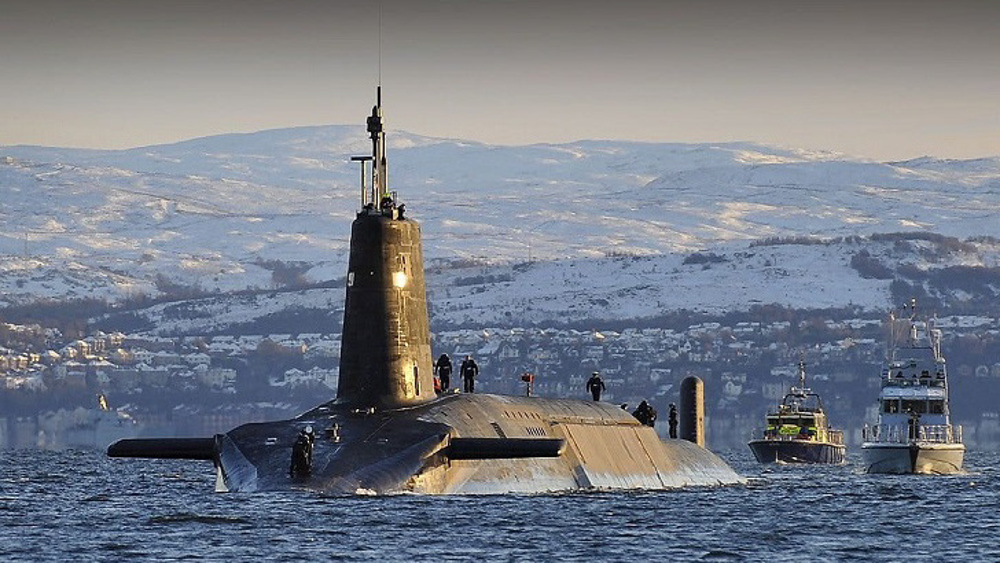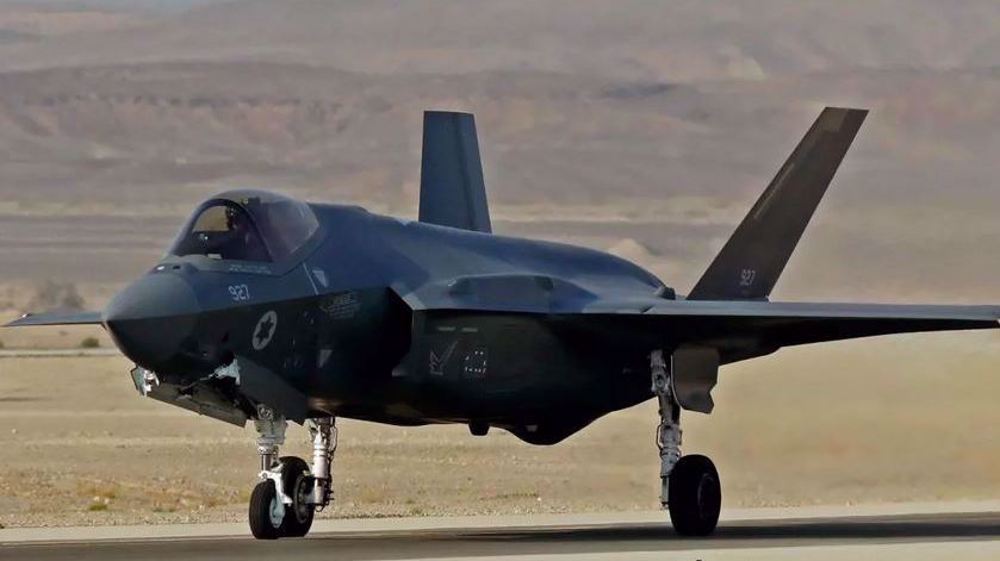Debate on fate of nuclear weapons in Scotland heats up
The debate on the future of the UK’s Scotland-based nuclear weapons capability has begun in earnest with an online exchange between a leading Scottish National Party (SNP) MP and the former director of the National Cyber Security Center (NCSC).
Talking at a lecture organized by The Times newspaper, Ciaran Martin – who was director of NCSC between 2016 and 2020 – argues that an independent Scotland will have no choice but to host the UK’s nuclear capability at the Clyde naval base in Faslane.
Martin, who was the first director of NCSC after the center became operational in October 2016, is the first leading former British security official to address the future of the UK’s nuclear capability in the event of Scottish statehood.
Martin’s position carries weight as prior to leading the NCSC he was head of cyber security at the signals intelligence agency GCHQ.
The NCSC is effectively an extension of GCHQ and acts as the public interface of the secret organization.
Martin also attacked the ruling Tories’ position on the issue of Scottish independence which he argues blocks a “lawful” and “democratic” path to Scottish statehood.
Martin argues that by blocking a second independence referendum the Tories risk reducing the UK to a partnership “that survives only through force of law”.
However, Martin’s contention that a future independent Scottish state would be compelled to host the UK’s submarine-based nuclear capability has been rejected by SNP MP Stewart McDonald.
McDonald tweeted that it is “inconceivable” that a Scottish state would host Trident, the UK’s nuclear capability which is comprised of four Vanguard-class submarines carrying ballistic missiles fitted with nuclear warheads.
I thoroughly enjoyed @ciaranmartinoxf’s lecture last night, but on this we do diverge. It’s inconceivable that an independent Scotland would will host trident: This will be our first test as a new security actor & we will negotiate its safe removal https://t.co/nrm7PhEOP7
— Stewart McDonald MP (@StewartMcDonald) April 14, 2021
By depicting the future Scottish state as a “new security actor”, McDonald gave strong hints as to an independent Scotland’s divergent defense and security policies vis-à-vis the remaining UK.
In view of the political weight of both McDonald and Martin, this debate is expected to develop in the months ahead.
Hezbollah attacks Israeli forces after Lebanese homes blown up
World leaders, states hail ICC arrest warrants for Netanyahu, Gallant
MP: US accountable for possible Israeli 'foolishness' to attack Iraq
VIDEO | Israeli policies strangle Palestinian agriculture, economy
Iran's president offers condolences to Pakistan over terrorist attack
Canada’s Yukon town council at standstill over refusing oath to King Charles
Yemen's Houthi calls for jihad to protect Palestine against Israel
VIDEO | Internal rifts within Israel










 This makes it easy to access the Press TV website
This makes it easy to access the Press TV website